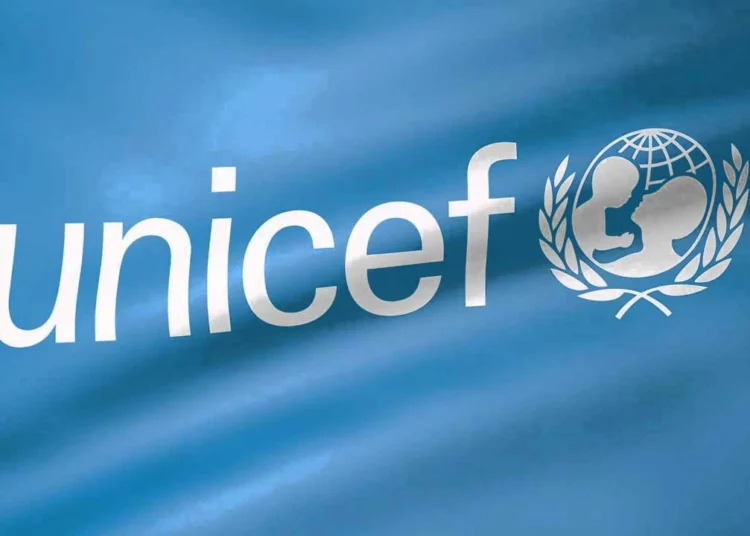The Federal Government of Nigeria has commended the United Nations Children’s Fund (UNICEF) and the Foreign, Commonwealth and Development Office (FCDO) of the UK, for improving and providing access to education for the girl child through Girls’ Education Programme Phase 3 (GEP3).
The Minister of State for Education, Goodluck Opiah, made the commendation in Abuja on Thursday, at the closing ceremony marking the end of GEP3, which commenced in Nigeria in 2012.
The project, which officially came to an end on Thursday, was piloted in six States of the federation, namely Katsina, Sokoto, Niger, Zamfara, Kano and Bauchi and was introduced and implemented by UNICEF and funded by the UKaid.
At the national closing ceremony of GEP3 held in Abuja, the partners reported that the programme’s investment of $109 million yielded positive results in enrolling an additional 1.5 million girls into school, far exceeding the project’s target.
The attendance rate of girls in primary schools in the six states improved from 43% to 70%, while gender parity improved from 0.73 to 0.97.
Speaking, Opiah reiterated the Buhari administration’s commitment to continue these efforts and further explore other opportunities to ensure inclusive and equitable access to quality and functional education especially for girls.
He said records have shown the impressive and outstanding achievements of GEP3 in the implementation of programmes such as: Girls for Girls (G4G); He for She; Youth Advocates, Mentorship; High Level Women Advocates (HilWA); Review of the National Policy on Gender in Nigeria, and in the development of Re-entry Guidelines for Adolescent Girls who dropped out of school prematurely.
“Worthy of commendation also, is the efforts of the GEP3 in building a workable model to get out of school children into school, particularly the girl-child using the cash transfers model; community mobilization; renovation and provision of school infrastructure; improvement of foundational literacy and numeracy through structured pedagogy; and the support for institutionalization of evidence generation for policy planning and implementation,” he said.
On her part, Saadhna Panday-Soobrayan, Chief Educationist, UNICEF Nigeria, while presenting a report on results evaluation of GEP 3, noted that over 60,000 teachers were trained on effective implementation of GEP 3, including 8,000 teachers trained on entrepreneurship skills.
She said the conditional cash transfer aspect enabled more girls to stay in school, increased quality of meals served to school children as well as promoted income of households which in turn enabled parents to keep girls in schools.
“In terms of enrolment and retention of girls in schools, GEP 3 proved to be an effective strategy that contributed to reducing out of school children, early marriages and early child bearing among girls under the age of 15,” she stated.





